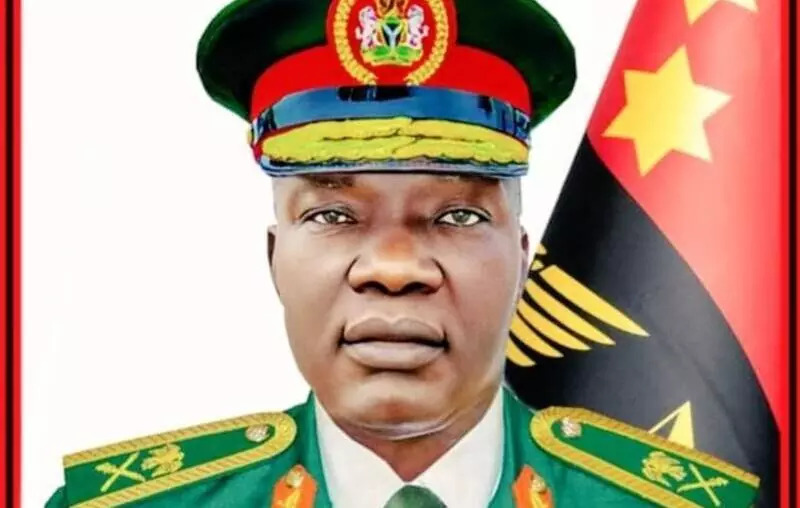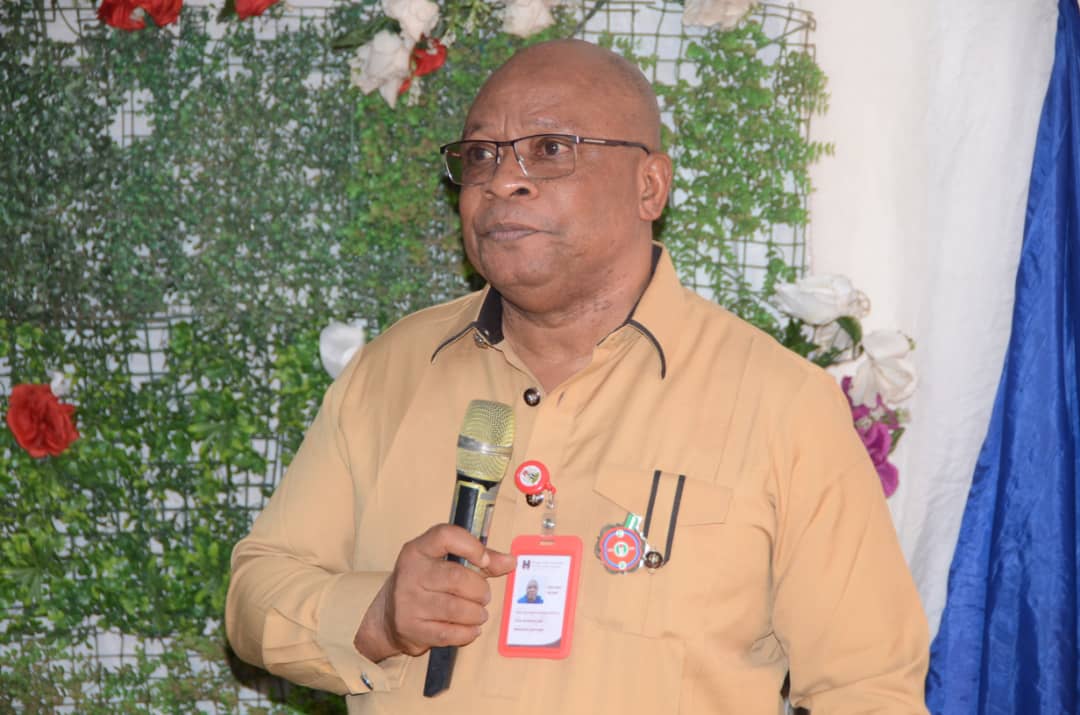The Chief of Army Staff, Major General Taoreed Lagbaja, has pledged to bring an end to the prevailing insecurity, encompassing kidnapping, banditry, and other criminal activities that are plaguing the South East region of Nigeria.
His assurance comes as a reassurance that all security agencies are diligently working to address the security challenges in the area.
During a meeting with the House of Representatives Ad-Hoc Committee investigating the killings and kidnappings in Umunochi Community, Abia State, Lagbaja, represented by Brigadier General Gabriel Olufemi Esho, underscored the urgency of resolving the security concerns. He acknowledged that the threat of kidnapping remains significant in areas like Isiukwuato and Umunnochi local government areas, particularly in July of this year. He also pointed out that criminal elements suspected to be associated with the proscribed Indigenous People of Biafra (IPOB) have contributed to the issue.
Lagbaja highlighted that while several security agencies, including the Nigerian police, are collaborating to address the situation, the Nigerian Army shoulders a considerable portion of the responsibility due to certain challenges. He emphasized the importance of combating kidnapping and attacks in the Southeast region, asserting that the Nigerian Army, in conjunction with other security forces, has successfully reduced the threat of kidnapping.
The Deputy Director Operations Army Headquarters further stated, “The House of Representatives through its letter dated 3rd August 2023 requested that the Nigerian Army submit a memorandum to the ad-hoc committee to interface with relevant security agencies and stakeholders regarding incessant attacks by kidnappers, assassinations, banditry, and other criminal elements in and around these two local government areas.”
In response to the ongoing challenges, the Assistant Commandant General of the Nigerian Security and Civil Defence Corps (NSCDC), Philip Ayuba, highlighted the issue of lack of cooperation from community members where criminal acts are taking place. Ayuba emphasized that a proliferation of small arms and light weapons in the area has hindered efforts, while the reluctance of communities to provide information about criminal activities has been a significant challenge.
The Chairman of the House of Representatives Ad-Hoc Committee, Hon Obinna Aguocha, emphasized that the challenges faced by the region are not mere statistics or headlines; they are real-life manifestations that impact the lives of people, disrupt institutions, and hinder regional growth. He called for a collaborative, multifaceted approach that encompasses law enforcement, community engagement, socio-economic development, and effective governance.
Aguocha noted the importance of interstate collaboration, as the primary focus area shares borders with three other states. He emphasized that cross-border dynamics and the presence of various actors within the region, including non-state entities like the Eastern Security Network (ESN) and the Indigenous People of Biafra (IPOB), require a comprehensive and inclusive approach. He also suggested that back-channel negotiations could offer a potential avenue for conflict resolution.
The commitment of both security agencies and governmental bodies to addressing the security concerns in the South East region is evident. The focus remains on restoring peace, stability, and prosperity to the affected areas and fostering cooperation between various stakeholders to achieve lasting results.




